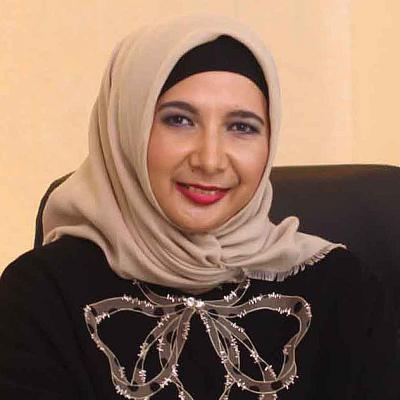Last year, Directorate General of Intellectual Property (DGIP) showed considerable initiative in improving the public’s awareness of the importance of intellectual property. This was largely based on their ambition to exclude Indonesia from the infamous “Priority Watch List”, a list of countries deemed by the US Trade Representatives as lacking in terms of IP protection. This year, DGIP’s efforts seem set to continue with new, potentially innovative programs.
In an interview with CNBC Indonesia, DGIP Representative Razilu gave a brief explanation of their plans for 2022. He declared that “copyright” will be the theme for the year, with a focus on “automatic approval to accelerate economic healing as well advancements in science, art and literature”. To realize this ambition, there will be “special programs” that can be categorized into four big groups. Based on the information given, this a recap of what we can reasonably expect from each category:
1. Qualitative Improvement of Human Resources
From the interview, Razilu admits that manpower shortage contributes to the DGIP’s sometimes slow service. To tackle this, there are plans to increase the number of workers for 2022. This will also be supported with various programs to improve the quality of human resources, such as seminars by the Ministry of Law and Human Rights that will be conducted in five major areas, anti-corruption instructor certification, and it’s also stated that DGIP will conduct more “learning and teaching” in general
2. Transforming Into Public Service With Integrity
DGIP wants to clean its service system by returning the sense of integrity. In order to do this, they are set to implement ISO 37001 version 2016 on Anti Bribing Management System dan ISO 9011 version 2015 on the Quality of Management Services
3. Turning IP as an Instrument To Accelerate Economic Healing and Advance Science and Culture
Two themes that are consistently prevalent in many of DGIP’s recent public statements are the initiative to improve the public’s knowledge on IP and to help the economy. DGIP will utilize a Mobile IP Clinic that was described as a “mobile office that will move from regency to regency”. They will also issue certification for shopping centers, in order to ensure that malls would not sell counterfeit goods. Finally, there are also plans for a more progressive system for application costs, where costs would be adapted according to the social class of the applicant.
4. Strengthen the Infrastructure of DGIP Service
The representative of DGIP acknowledged that their services could occasionally take an unnecessary amount of time. To fix this, a system called “POP HKI” (Persetujuan Otomatis Pelayanan HKI) or “IP Auto Approval Service” is set to be utilized. This system will allow online service for any application process that does not require substantive examination. Razilu believes it will significantly fasten the application process, especially for trademark extension applications, which according to him, would no longer take days, but merely minutes. He also predicted that this new system will drastically increase the number of IP applicants.
Similar developments also emerged on 28th of December last year. DGIP, through the Directorate of Dispute Resolution held a internal meeting with the inspector general to discuss plans for special programs in 2022. This meeting produced four programs that would be conducted in 2022. They are:
1. Task Force Website
A website that will contain updates about enforcement by the Priority Watch List Exclusion task force on IP infringers. This website is intended to make it easier for the US Trade Representatives to monitor IP Law enforcement in Indonesia.
2. New Laws and Revisions
There are plants to change a number of Indonesian laws concerning patents, trademarks and customs.
3. Digitalization of Investigative Process
Digitalized investigative process in order to increase the number of examined cases and arrange active cases in a more systematic way. This system’s transparent nature would also allow the public to monitor cases.
4. ISO Certification
Anti-Bribery Management System Certification in order to prevent, detect and handle corruption.
Even though these programs are still in development stages, these plans could mean good news for the IP ecosystem in Indonesia. However these programs would manifest, we as the public and legal practitioners in the IP field should fully support them in this coming year.






